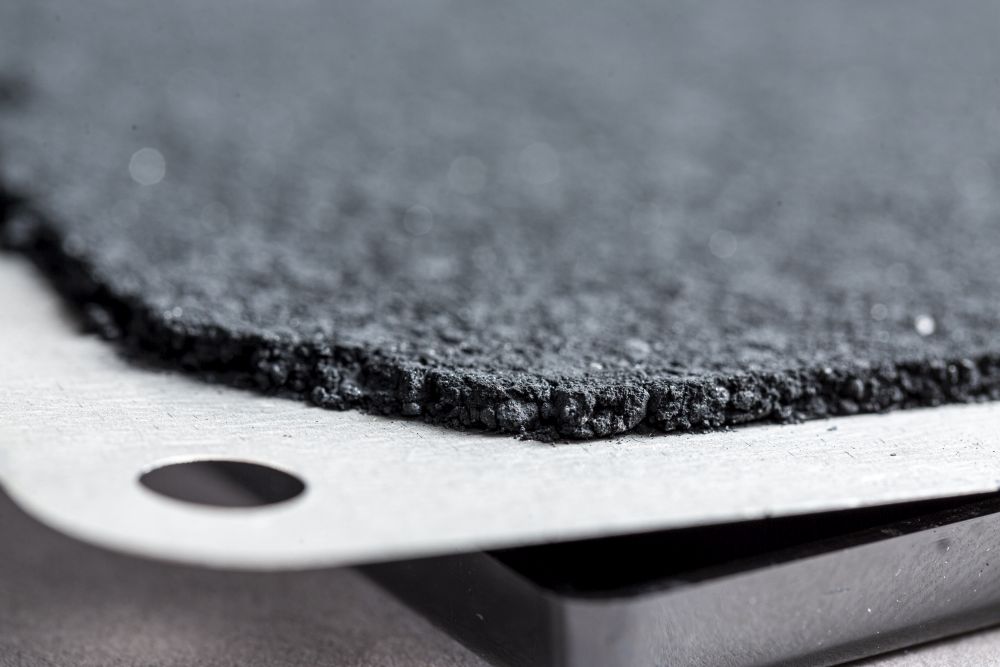| Duration: | 01/2020 - 06/2024 |
| Contracting Authority/ Sponsors: | Federals Ministry of Economic Affairs and Climate Action |
| Project Partners: | Universität Stuttgart –Institut für Photovoltaik acp systems AG Helmut Hechinger GmbH & Co. KG |
| Project Focus: |
INFAB – Zinc-Ion Batteries for Stationary Energy Storage -Manufacturing and Assembly



In addition to the need for electricity storage in electromobility, stationary battery storage (SBS) is also required on a large scale. Due to the temporal and regional fluctuations in the supply of renewable energies as well as in the demand on the part of consumers, the flexibilization of the power supply is of crucial importance in the context of the energy transition. In this context, SBS offer the possibility to bring supply and demand of electrical energy in line.
Looking at the current state of the art in SBS, it is evident that lithium-ion battery (LIB) systems dominate the market. Conflicts may arise in the area of economic, environmental and social criteria. Furthermore, there are safety and health risks in case of improper handling due to the choice of materials. This results in the need for research on alternative battery cell technologies.
The research project INFAB fits into the field of battery research for SBS. The current challenges of research on SBS lie in the conflicting areas of safety, longevity, investment costs and application-specific storage costs (Levelized Cost of Energy Storage, or LCOS), raw material availability, and environmental and social compatibility throughout the product life cycle. The high-performance zinc-ion battery technology stands out due to the simplicity of the system design combined with high safety, non-toxic battery components as well as the possibility of environmentally and socially compatible raw material mining within the EU.
Within the scope of the project, novel three-dimensional electrode structures are to be developed as current-conducting structures in order to achieve a high energy density per cell unit while maintaining a high power density. The three-dimensional fiber structures are expected to both contribute to a substantial reduction in internal resistance and shorten electronic transport paths. In addition, the structures are expected to stabilize the electrodes both mechanically (cathode) and electrically (anode).
The developments at the material and cell level will be incorporated into the development of a high-performance cell, module and system architecture for the battery, designed according to sustainability aspects, including the development of a suitable battery and energy management system (BMS/EMS) as well as the development of suitable scalable manufacturing processes for the production of rechargeable zinc-ion battery cells, which can be scaled up for large-scale industrial production in subsequent steps. Thus, the technology maturity level of the ZIB technology and the associated manufacturing technology is to be raised to TRL 6 (prototype in operational environment) by the work in the present project.
Central goals of the project are:
- Modeling of the ZIB cell chemistry,
- Development of manufacturing processes and an architecture for a zinc-ion SBS based on aqueous electrolytes,
- Construction and characterization of cell and stack prototypes,
- Development of appropriate battery and energy management systems,
- Implementation of flexible automated manufacturing processes for the production of a battery system and development of individual system modules,
- Creation of the technological basis and concepts for large-scale production of the SBS.